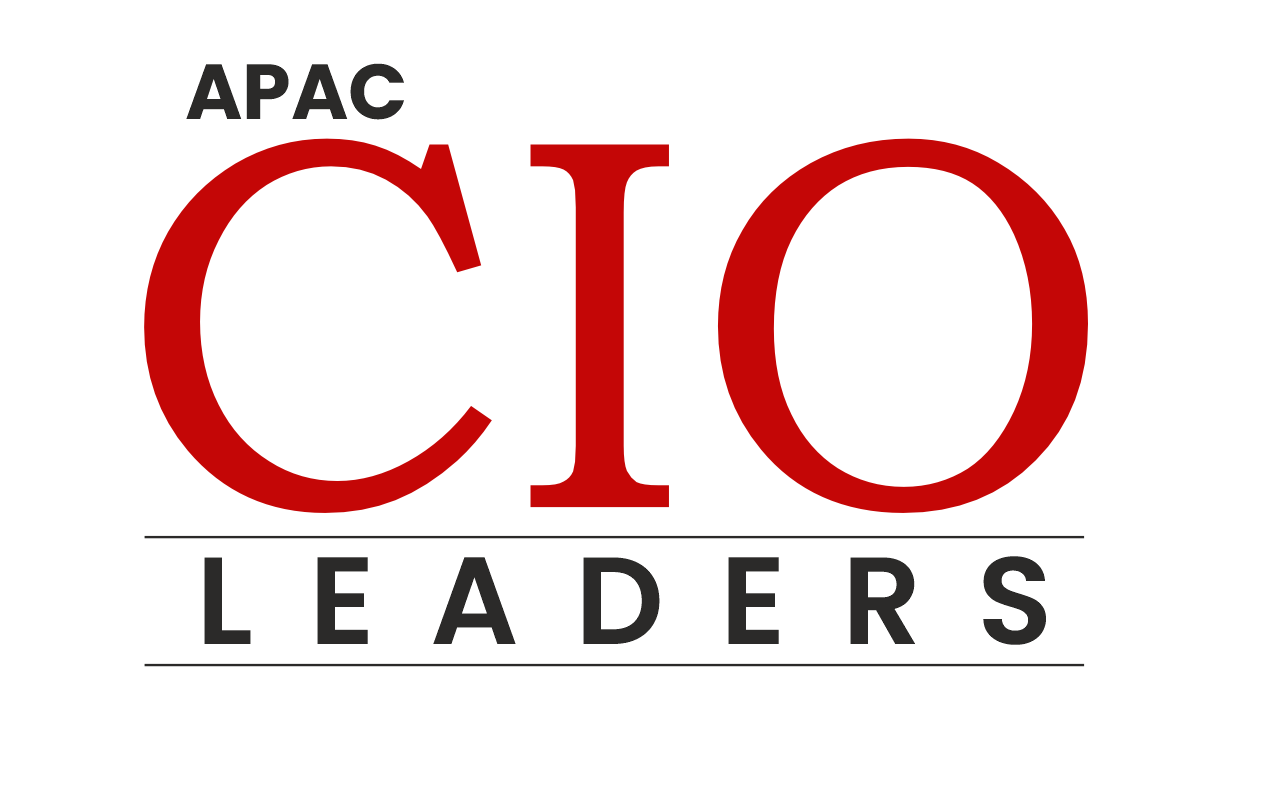The corporation is the central point where the influence of leaders on organizational culture is incredibly strong. Their behavior, choices, and values determine the atmosphere of the entire company and affect how its employees relate to each other, innovate, and perform. Understanding how leaders can influence cultural change can greatly benefit anyone looking to develop their leadership skills.
Ready to alter the corporate culture? Diving into these strategies starts making it happen today!
Establish a Clear Vision
One of the largest ways leaders influence corporate culture is by laying out a clear and compelling vision. The vision becomes the guiding star of an organization, getting everybody involved in working toward these common goals. When staff understand and buy into the vision, they are already on their toes and eager to get things done. It can be beneficial for providing a sense of direction and purpose, helping to promote cohesion in the workplace.
Leading by Example
The behaviors and attitudes set as examples by leaders that they wish to see in their teams are the ones they will demonstrate within their teams. By dedicating, committing to integrity, and being hardworking, leaders will likely encourage these same behaviors in their employees. Building trust and creating what appears acceptable in the firm builds value reinforcement at every level. In addition, this is also achieved through the consistent behavior of the leaders in line with the company’s values.
Open Communication
Effective corporate culture is only achievable by ensuring open communication between the employees in the workplace. Unlimited two-way communication is provided by leaders who value openness and facilitate listening to create an organizational environment in which all the employees are valued and heard. Such openness builds trust and collaboration, and work can be conducted more effectively between teams and the leader.
By keeping open lines of communication, the leader will identify and correct threats before they grow out of control, and the workplace is much more harmonious.
Promotion of Innovation
Innovation is the key driver of any organization’s success. Leaders who are creative and risk-tolerant must create a culture of innovation. This attitude means employees are given the resources to experiment and develop novel ideas. Celebrating successes and learning failures will compel leaders to create a setting where innovation blooms. And only from such a competitive company can you attract top talent wanting to work for an innovation-thirsty organization.
Engaging in Inclusiveness
Inclusiveness is yet another vital aspect of corporate culture. Diverse and inclusive leaders give a more just and friendly atmosphere to all. When leaders focus on diversity and inclusion, they establish policies and practices that provide equal opportunities for every employee to reach their fullest potential irrespective of who they are. An inclusive culture motivates employees by giving them satisfaction and retention while leading to superior quality decision-making and innovation through diverse perspectives.
Building Strong Relationships
A good corporate culture can be traced from personal relations. Leaders, who find time to relate to their employees, can create an integrated supportive work environment. Check-ins with the team, team-building activities, or even personal chatting are all aspects of relationship building. Therefore, fostering personal relationships may enhance cooperation in and foster a sense of belonging within the organization.
Value Continuous Learning
Continuous learning is important for the growth of people and organizations. The growth of the leaders professionally creates a culture of continuous improvement. This requires adequate training, mentoring, and career advancement opportunities for the employees. Such leaders and organizations maintain a more skilled and agile workforce to embrace future challenges better.
Rewarding and Recognizing Efforts
Recognition and rewards: the heart of human motivation. Leaders who pay attention to employee’s work and pass on at least some appreciation can dramatically enhance the morale and productivity of the workforce. It encompasses not only formal recognition programs but also informal acts of gratitude. Once the efforts of individuals are recognized and rewarded, leaders can invest in positive behaviors and foster an excellence culture.
Adaptation to Change
The ability to adapt to change is the most imperative ability of any organization. The team’s ease in transitioning through smooth handling is entrusted in the flexibility and openness of leaders towards new ideas. This requires staying abreast of the trends in the industry, keeping one’s doors open for feedback, and constantly working out ways to better one’s performance. Leaders who embrace change will ensure their organizations do not lose their resilience and competitiveness.

